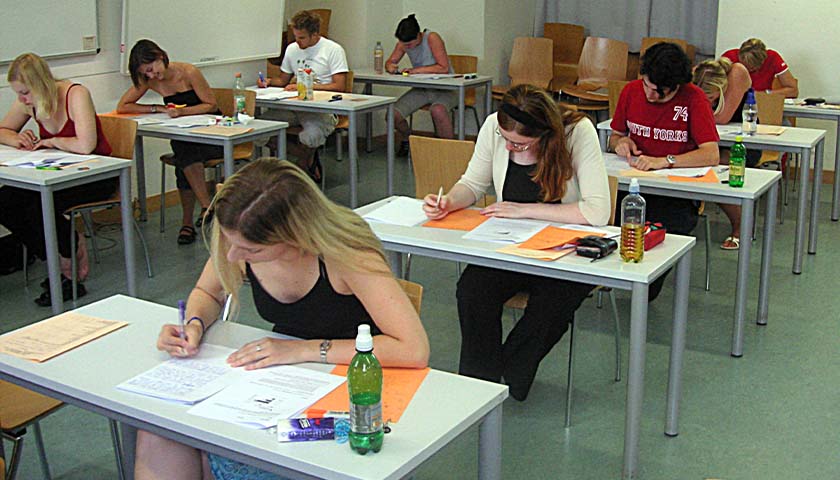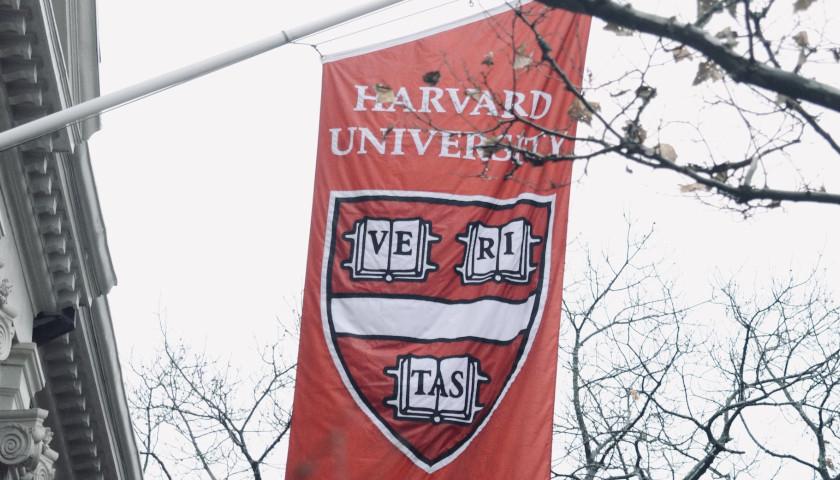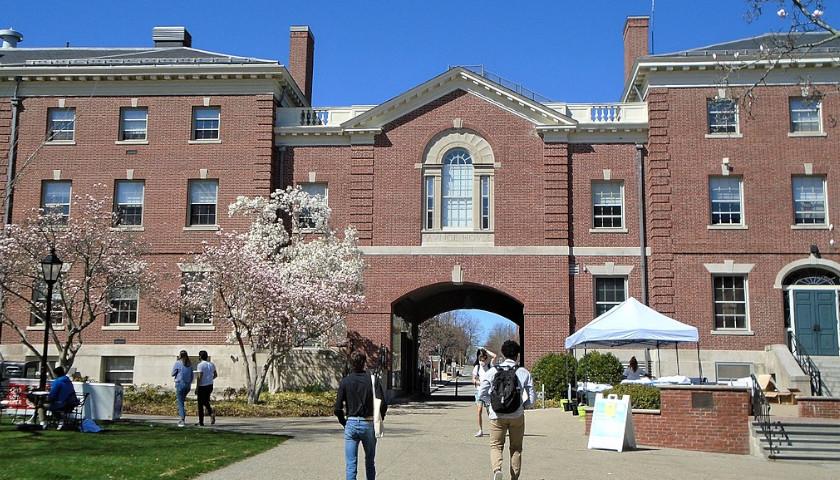by Steven Zhou
It’s official. Last month, the College Board announced that it would discontinue the essay-writing section of the SAT. It’s the latest in a series of recent decisions to reduce the use of standardized testing in college admissions. Proponents of the decision cited claims of racism and bias against underrepresented groups. But those claims don’t hold water. And ditching the writing portion of the SAT is unlikely to help anyone.
Without the SAT essay, colleges will likely have to turn to applicants’ personal statements to evaluate writing ability. That will only exacerbate the issues of evaluation bias and subjectivity. Evaluations of personal statements are easily influenced by readers’ personal biases and opinions. Moreover, personal statements don’t appear to offer any additional accuracy in predicting college outcomes.
Standardized tests have their problems, but they statistically show much better validity and far less racial or gender discrimination than the alternatives. Instead of axing an exam that works fairly well, we should focus on making improvements to accuracy and fairness.
In general, those who argue that standardized testing is biased cite evidence of score differences on the tests. It’s true that underrepresented groups tend to score lower and thus are more frequently denied college admission. But the claim that the test is therefore biased is based on an inaccurate understanding of what “bias” means.
The purpose of using a standardized test for admissions is to assess how likely it is that the student will succeed in college. Thus, bias is evident when the test systematically overpredicts or underpredicts outcomes for a particular subgroup. In other words, if the SAT systematically predicts a lower college GPA for minority populations than what their actual college GPA is, then the test can be considered biased.
Extensive evidence suggests, however, that standardized tests don’t show bias in predictions between genders and races. Moreover, standardized tests are far more accurate and less biased predictors of college success than other components often used in admissions decisions, such as high school GPAs and letters of recommendation.
The SAT writing section is graded by professionals with experience reading thousands of papers. They can accurately assess an individual’s writing ability using a single standard. Moreover, considerable efforts have been made to assess the reliability of SAT writing scores, in order to ensure consistency in student grades regardless of the grader.
We shouldn’t be so quick to throw out a validated and tested process – especially when the alternative is worse. Leaving evaluation solely to the better judgment of college admissions offices would only allow for more subjectivity.
Instead, our attention should focus on improving the current standardized tests. Occasionally, specific test questions or prompts are unfair, in that they are more difficult for certain racial or gender subgroups – for example, due to unfamiliar cultural references. Thankfully, most of these questions have been removed, and standardized test providers regularly check for items that may be unfair and remove them.
Moreover, efforts have been made more recently to ensure transparency in the grading process and provide benchmarks and feedback to students. Public access to the questions and answers post-testing, and a detailed breakdown of any weighting used to compute percentile scores, would help alleviate concerns over bias and unfairness hidden “behind the scenes.” New York, for example, has tried for a few years now to pass a standardized-test transparency act.
Ultimately, the best way to help students from underrepresented groups get into college is to improve K-12 education. Regardless of how unbiased a test is, if K-12 education isn’t preparing underrepresented students for the SAT or ACT, then we’ll still see low levels of diversity in college admissions.
We undoubtedly have longer to go in our quest to improve minority representation and equality of access to higher education. But removing standardized testing is not the answer. If anything, it may make things worse when colleges turn to less accurate – and more biased – alternatives.
– – –
Steven Zhou is a Ph.D. student in industrial-organizational psychology at George Mason University.






SAT has become so watered down that it should be discounted and discontinued. Pretty soon all one will have to provide for college admission is skin color and income level.